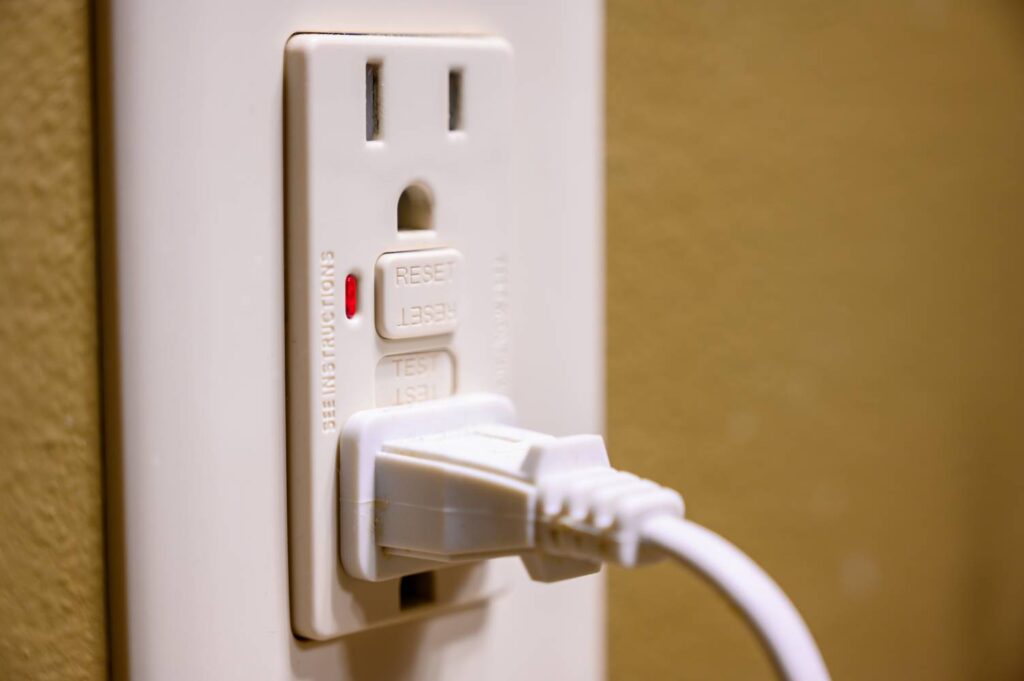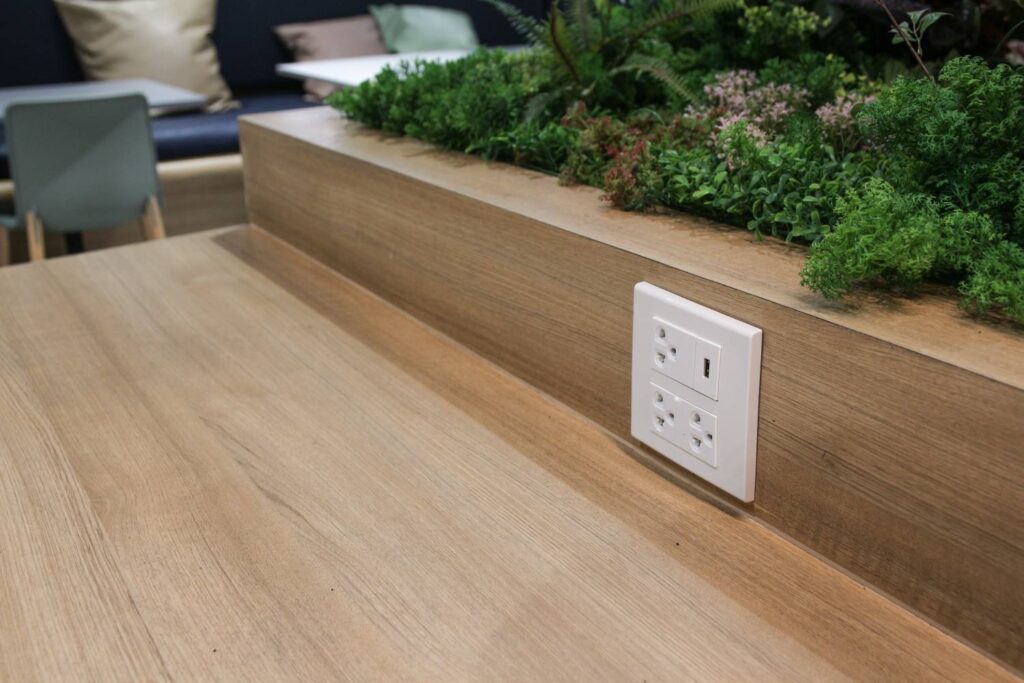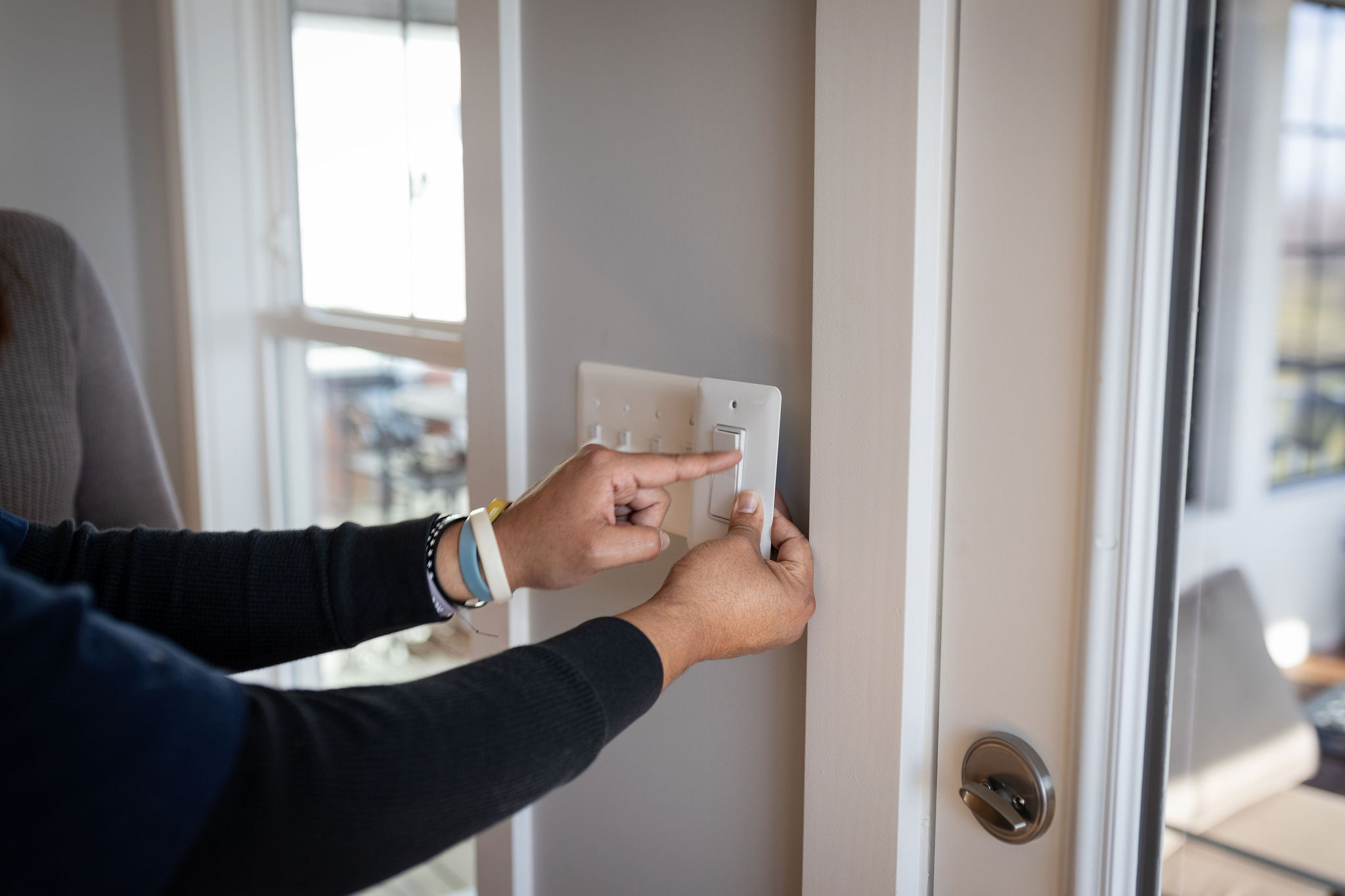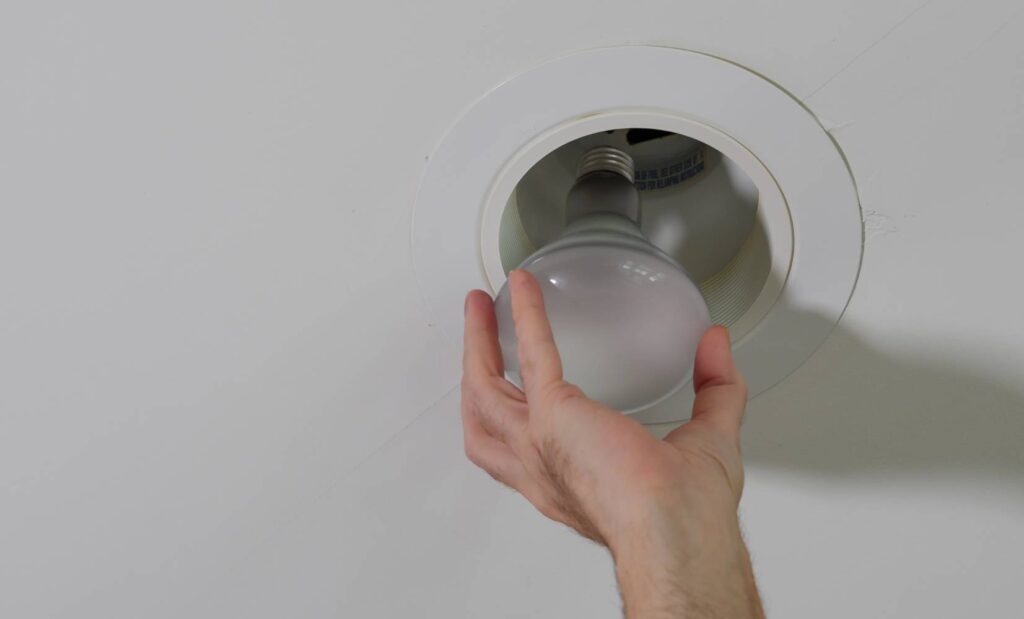What Are Electrical Boxes?
Electrical boxes, also known as junction boxes or outlet boxes, are enclosures that house electrical connections, switches, and outlets. They play a vital role in protecting these connections from external factors and ensuring your electrical system’s safety and compliance with electrical codes.
Types of Electrical Boxes
1. Standard Outlet Boxes
These are the most common type of electrical boxes you’ll find in your home. They typically house standard duplex receptacles, which are the outlets you use to plug in your everyday devices. Standard outlet boxes come in various sizes and materials, including plastic and metal, to accommodate different wiring needs and installation locations.


2. Switch Boxes
Switch boxes are designed to house light switches and other control devices. They’re usually smaller than standard outlet boxes and can be found near entryways and in convenient locations throughout your home. These boxes ensure that your lighting controls are safely contained and easily accessible.



3. Ceiling Boxes
Ceiling boxes are specifically designed to support light fixtures and ceiling fans. They’re reinforced to handle the weight and movement of these fixtures, ensuring safe installation and operation. When installing new lighting or replacing old fixtures, it’s crucial to use the appropriate ceiling box to prevent accidents and maintain the integrity of your electrical system.


4. Weatherproof Boxes
Weatherproof boxes are essential for outdoor electrical installations. They’re designed to protect electrical connections from moisture, dust, and other factors that could compromise safety. These boxes are necessary for outdoor lighting, outlets, and other exterior electrical needs.
5. Low Voltage Boxes
Low voltage boxes are used for applications that require less than 50 volts of electricity. These boxes are ideal for doorbells, thermostats, and some smart home devices. They provide safe housing for low-voltage connections while keeping them separate from high-voltage wiring. As more homes integrate smart technology, low-voltage boxes are becoming increasingly important in electrical systems.
6. Junction Boxes
Junction boxes are used to join multiple electrical wires or cables. They’re often found in attics, basements, or behind walls and are essential for organizing and protecting wire connections throughout your home’s electrical system. Proper use of junction boxes helps prevent electrical hazards and makes future maintenance and upgrades easier.
7. GFCI Boxes
Ground Fault Circuit Interrupter (GFCI) boxes are designed to house GFCI outlets. These specialized outlets provide added protection against electric shock in areas where water may be present, such as kitchens, bathrooms, and outdoor spaces. GFCI boxes are an important safety feature in modern homes and are required by electrical codes in specific locations.
8. Recessed Boxes
Recessed boxes are installed flush with the wall surface, providing a sleek and modern look. They’re often used for flat-screen TV installations or in areas where a protruding electrical box would be unsightly or impractical.
Proper Box Selection
Choosing the right box for each application is crucial for several reasons:
- Safety: Using the right box helps prevent electrical fires and shocks by properly containing and protecting electrical connections.
- Code Compliance: Different types of boxes are required for specific applications to meet electrical code requirements. Using the correct box ensures your home remains compliant with safety standards.
- Functionality: The right box ensures that your electrical devices and fixtures are properly supported and protected, leading to better performance and longevity.
- Weather Protection: For outdoor applications, weatherproof boxes are essential to protect against moisture and environmental factors that could cause electrical failures or safety hazards.
- Aesthetics: Recessed boxes can improve the visual appeal of your space while maintaining safety standards, especially in modern home designs.
Regular Electrical Maintenance
Enforcing a regular maintenance schedule for your electrical system, including your electrical boxes, offers numerous benefits:
- Enhanced Safety: Regular inspections and maintenance significantly reduce the risk of electrical fires and shocks.
- Improved Efficiency: Well-maintained electrical systems operate more efficiently, potentially lowering your energy bills.
- Extended Lifespan: Proper care and maintenance can extend the life of your electrical components, saving you money in the long run.
- Code Compliance: Regular updates ensure your system remains compliant with evolving electrical codes and standards.
- Peace of Mind: Knowing your electrical system is in good condition provides peace of mind for you and your family.
Don’t wait for an electrical emergency to occur. Contact us today to schedule a professional inspection of your electrical boxes and overall system. Let us help you ensure the safety, efficiency, and longevity of your home’s electrical infrastructure for years to come.